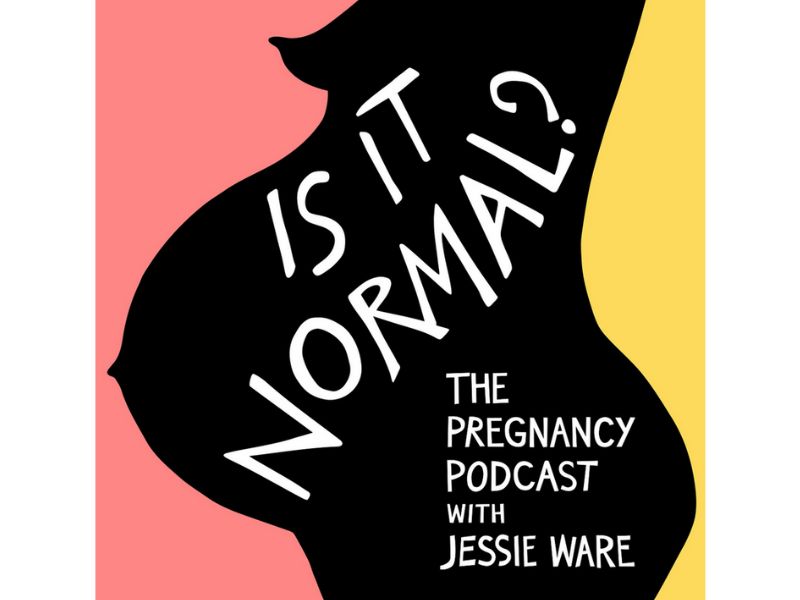
Michelle Wright, founder and CEO of Cause4
As an entrepreneur of a small growing business I often get asked how I find the energy to do what’s needed.
It’s not something I can answer easily and fundamentally it’s the wrong question. As Cause4 is coming up to its tenth anniversary, having employed hundreds of staff and graduates, it’s clear that physical energy levels often aren’t the issue. Like all SMEs, it’s more likely that mental health is the area that needs our focus. A truly sustainable business is one that prioritises mental health.
The Institute of Leadership & Management’s October 2018 report: Mind Culture painted an uncomfortable picture of SMEs and their lack of support for mental health conditions. 45 per cent of people who responded to their survey said that organisations with 10-49 employees didn’t support mental health problems very well. More than half (51 per cent) of survey respondents who had confided in their line manager about a mental health issue did not receive any extra support. Even worse, eight per cent respondents faced negative consequences, including being sacked or forced out, demoted or subjected to disciplinary action. That’s not just an appalling treatment of someone in need of support, it’s also bad for business. Research shows that over 11.5 per cent of sick days taken in the UK are due to mental health issues. For a small company, with stretched resources, people being off for extended periods of time can be a real strain on the team and the business and it’s probably the biggest risk facing founders of enterprises.
Over the years we’ve provided support for staff with issues including underlying anxiety and depression through to those that face a sudden mental health crisis through bereavement or divorce. It’s something we do willingly and with sensitivity to the person involved and the other members of the team that may need to step up in their absence. However, like many other areas of small business management, the entrepreneur, owner or SME leader can sometimes mask their own struggles, deprioritising the need to look after themselves when the 24/7 nature of growing a start-up makes it seem almost impossible to maintain the basics – such as ensuring a good diet, getting regular exercise or enough sleep.
Many of my fellow company founders struggle with stress, anxiety and depression and, for most, it catches up with them by stealth – they often don’t realise it’s a problem until it’s there. The pressure to drive through the sales, manage staff, serve customers and keep the wolf from the door can be intense and for many of founders, business success can become inextricably linked to feelings of self-worth. For some entrepreneurs the enduring battle of keeping the show on the road can lead to diagnoses such as PTSD, where work has literally become a combat zone.
Around one in four people in the UK suffer from a mental health problem each year. With or without the stresses of carrying a growing business on your shoulders, mental health issues are part of everyday life for many of us. The NHS has declared an ambition to achieve “parity of esteem” between mental and physical health, in terms of access to services, quality of care and allocation of resources. This now needs to follow through into work places where we recognise mental health as a risk as much as absence for physical ill health.
If anybody had asked me when setting up a business what the biggest risks were, I probably wouldn’t have said mental wellbeing of staff. My answer would be different today. As a SME we are now formalizing our support, including training line managers and providing a supportive environment to allow all staff the time and help they need if they have a mental health concern. I’m still working on my own ability to balance my life and homelife. Earlier this year I broke my shoulder and the reality of running a business and looking after two sons under the age of three, as a single parent, hit hard. At that time, Cause4 was in the process of moving to new offices, there were training courses and workshops to be delivered nationwide, clients to service, staff to manage and deadlines to meet, and, on top of that, my family was about to move house. Being taken ‘out of the game’ for three months, at least, was a wakeup call. But it was also an opportunity to test out contingency plans, rely on my team to step up and fill in, look at how I juggle home and work life, and consider my own role in the daily running of the business.
As a founder of a business I’m trying my very best to develop better habits and prioritize mental health – my own and the team’s, but it’s work in progress! Sustainable businesses are those enterprises where business as usual is not ‘running on empty’ but where individuals in the company can lean on each other, formally and informally, to work through the tougher times.
 About the author
About the author
Michelle Wright is founder and CEO of Cause4. Launched in 2009, Cause4 offers strategic support to charities and not-for-profit organisations. The company has grown rapidly and has worked with some of the country’s leading charitable organisations. Cause4 works in the private sector developing CSR and philanthropy programmes with organisations such as Santander, Close Brothers and Cineworld and supports the development of philanthropic foundations. A Guildhall School of Music & Drama and Ashridge Business School graduate, Michelle worked for four years as a professional violinist before becoming a fundraiser. She started Cause4 with a vision to revolutionise the charitable sector. Cause4 has raised more than £55m for charities and works with a range of charities, social enterprises and philanthropists and their causes in the UK and internationally.








